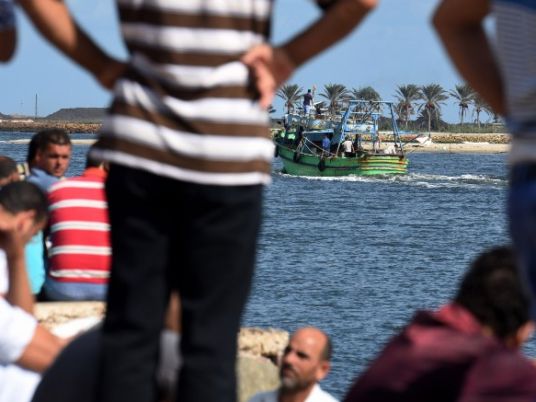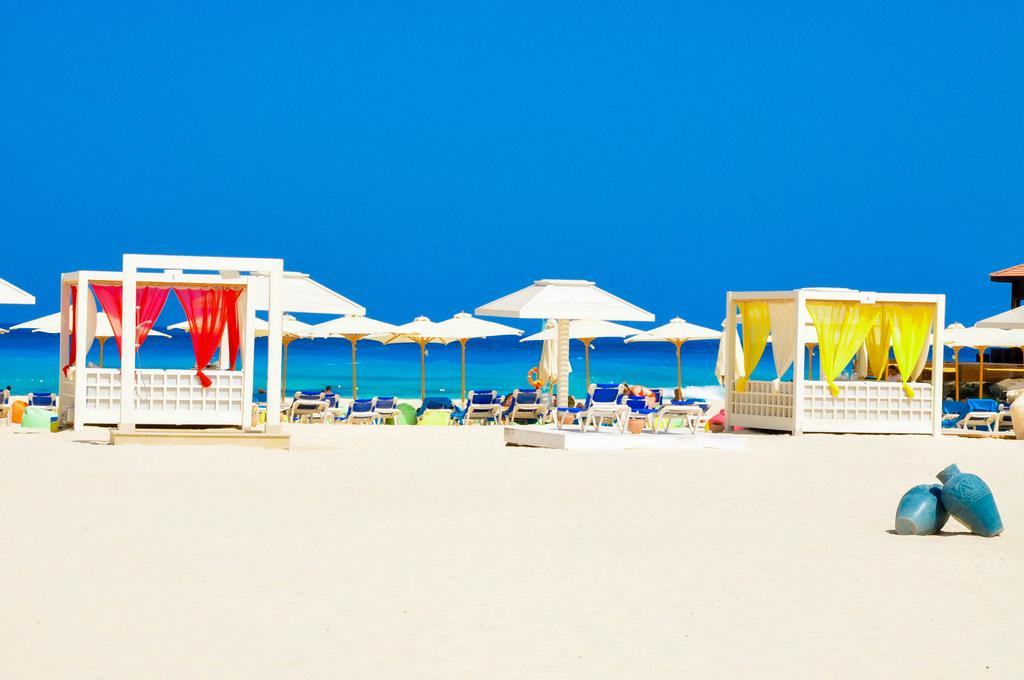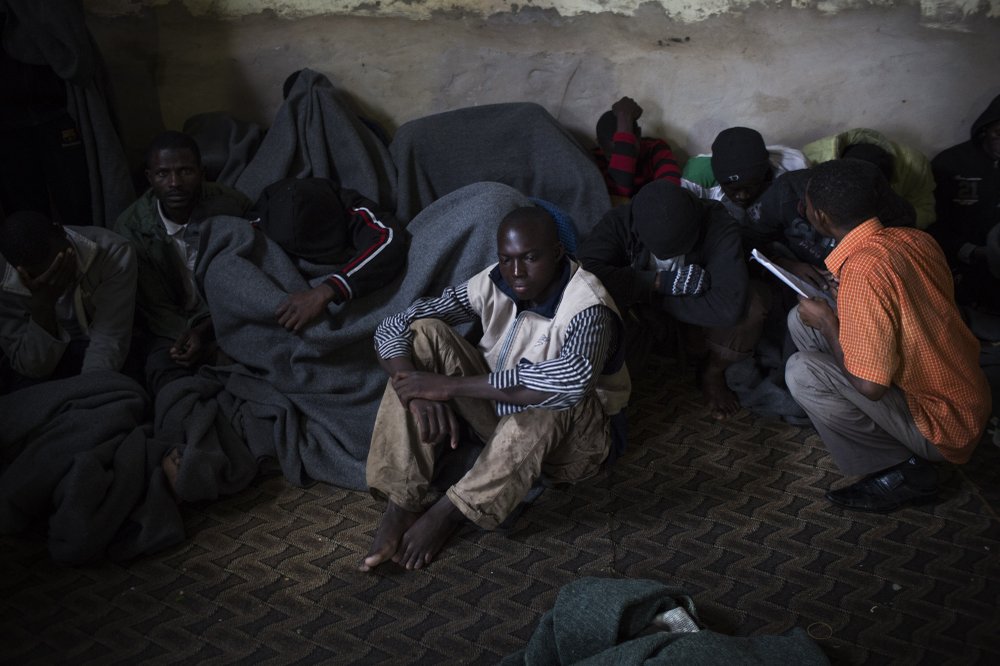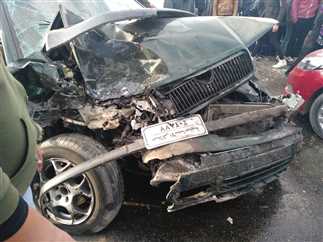
Metwally Mohamed says he knew as soon as he boarded the boat anchored off the Egyptian coast that it would sink.
"There were more people than it could take. A boat that can take 200 had 450 or even 500 on board," he says, his face streaked with exhaustion and grief.
He, his wife and two children had made a 90-minute journey by speed boat to the vessel, which was taking hundreds of people on the treacherous trip to Europe in search of a better life.
The boat started to list.
He says he told people who could swim to jump in the water so that the boat could regain its balance. Only few people heeded his call.
Two minutes after jumping in the water he saw the boat capsize. His wife and two children were still on board.
By the time he found them, they were dead.
"I tried to pull them with me to take them out with me. But I couldn't," he says from his hospital bed.
"I lost the most precious people in my life."
On Wednesday, when the boat capsized off the coast of Rashid — also known as Rosetta — 163 survivors were found, along with 42 dead bodies. The death toll rose to 112 on Friday, according to Egyptian state media.
Survivors, rescued by Egyptian Coast Guard members from a boat submerged on its way to Europe at the Mediterranean Sea.
Morgue overwhelmed
Death has overwhelmed this coastal town, where the Nile River meets with the Mediterranean. The river bank is lined with shipyards, ferries and docking stations. Ambulance sirens break the calm of the fishing town surrounded by green fields.
The morgue at the Rashid General Hospital only has room for eight bodies. The dozens more that have arrived on its doorstep have been sent to other hospitals in Beheira Province and nearby Alexandria.
"We are used to three, four or five bodies found. But we haven't seen this before. This is a disaster," Mohamed Abu Arab, a fisherman, told CNN.
Most of those on board the doomed boat were Egyptians who had been tempted by friends who successfully made the journey before them. There were also Sudanese, Eritreans and Syrians.
Ahmed Mohamed, 27, went back into the water to rescue others.
When the boat first capsized, Ahmed Mohamed, a 27-year-old survivor, said he felt helpless and horrified. He couldn't look back at the tragedy unfolding
"I looked behind once," he says from the sunny hospital room he has been sharing with six other survivors. "It was a disturbing sight. No one can tolerate that. You can't do anything, so you shouldn't look."
But that didn't stop him from trying rescue his fellow passengers.
Mohamed says he saw a dead body hanging on a life preserver, so he took the life preserver and gave it to a 19-year-old Syrian woman, who appeared as though she was about to faint.
He then saw a child floating on water and tied him to his body.
Eight hours later, when they were spotted by another boat, the child was dead.
The woman, who lost both of her parents, survived.
Mohamed had kept her afloat the entire time, pushing her with one arm and using the other to swim.
When Mohamed was back on dry land, he joined the rescue effort. He helped pull bodies out of the water, identifying a friend and his friend's seven-year-old son.
"I'm proud of what I did," he says. "In such situations, it's every man for himself. In such situations, people take life preservers off each other."



